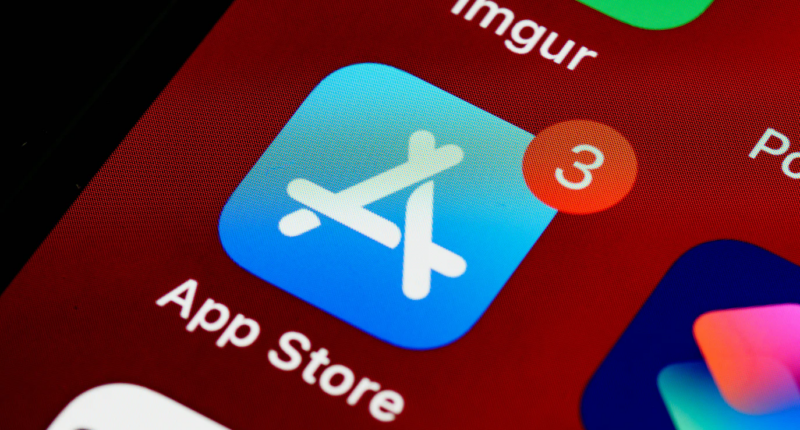ANYONE with a smartphone should be on high alert when it comes to two types of apps.
Cyber-experts have issued a malware warning for Android and iPhone owners around the world.
Apps can appear to offer legitimate services – but secretly infect your device with malware.
This can be true even on official stores like the Apple App Store for iOS or the Google Play Store on Android.
The type of “fraudulent” app can vary, but cyber-experts told The U.S. Sun that two categories of app are very commonly chosen to infect your device.
“Performance boosters and cleaner apps are well known for harbouring malware and spyware,” Paul Bischoff, Consumer Privacy Advocate at Comparitech, told us.
They’re a popular choice for hackers for several reasons.
For a start, you wouldn’t be surprised it a “cleaner” or “performance” app needed permission to access parts of your phone like files or photos.
And secondly, it can be hard for a user to know whether they’re really working – so you might not be suspicious.
“These apps supposedly require high-level permissions to do their jobs, but they also give attackers a strong foothold,” Paul warned.
Most read in News Tech
“In reality, most cleaner and performance boosting apps are useless.”
If you have any “cleaner” or “performance” apps on your device, you should strongly consider deleting them.
There are lots of legitimate ways to free up storage or improve phone performance without rely on special apps to do it.
Dangerous “malware” apps can steal your money – or take enough private info to defraud or extort you.
You should be extremely cautious when downloading anything to your smartphone: remember how much personal info you keep on it.
How to spot unsafe apps
There are plenty of warning signs that an app is up to no good on your device.
Firstly, it’s very risky if the app has been “side-loaded” – or downloaded from somewhere other than the Google Play Store.
Google uses the Play Store to distribute apps on Android – and most apps on there are completely safe.
But if you download apps from elsewhere, you expose yourself to a greater risk of scam apps.
“The app was not downloaded from a trusted Google Play Store or Apple Store,” Dr Klaus Schenk, vice president of security at Verimatrix, told The U.S. Sun last month.
“Even well-branded manufacturer’s stores like Samsung can have high rates of app spoofing and malware.”
Secondly, you should be worried if the app is one that you were coerced into downloading.
If a suspicious person pressured you into downloading an app – or offered you a reward that seems too good to be true – then you may be in danger.
“You were talked into installing the app by a person, text message, or website,” Dr Schenk said.
“Be wary of unsolicited requests to download apps.”
The third warning sign is when an app asks for suspicious permissions.
Often apps need access to sensitive parts of your phone.
For instance, Instagram may need your camera or photos and Uber requires location access.
But if an app is making strange requests, that’s a bad sign.


“The app asks for permissions that do not match the use case for the app,” Dr Schenk said.
“For example, if a calculator app asks for permission to access your contacts or camera, it may be a red flag.”










